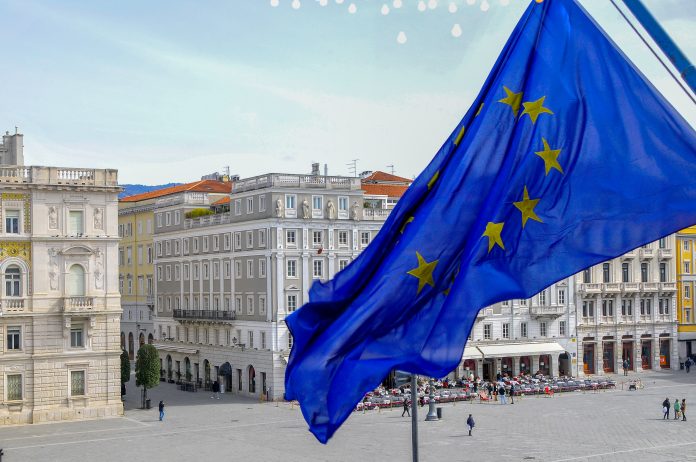by InTrieste
The regional government of Friuli Venezia Giulia has announced a new funding initiative to support the organization of summer camps for children and teenagers, aiming to enhance social engagement among minors and provide working families with greater flexibility.
Regional Councillor for Education and Family, Alessia Rosolen, confirmed the program’s renewal, stating, “Once again this year, the Region is committed to ensuring the availability of summer camp services for children aged 0 to 17, allowing them to engage in social activities while helping families balance work and home life.”
The newly published call for applications allows Third Sector entities registered in the National Third Sector Registry, with legal or operational headquarters in Friuli Venezia Giulia, to apply for funding. Applications will be accepted online from March 25 through April 24 via a dedicated regional portal.
According to Rosolen, the summer camp initiative is part of a broader effort to expand educational opportunities. “This measure is not isolated but fits within a package of interventions aimed at fostering students’ growth and development,” she said. She also highlighted Attivascuola, a three-year, €3 million project designed to offer extracurricular activities across schools in the region. In addition, an experimental initiative, introduced last year to support extracurricular activities in the region’s Aree interne (internal areas), will be expanded and made a permanent fixture.
Funding for summer camps will range from €1,000 to €24,000 per week for groups of at least ten children or teenagers. A minimum co-financing contribution of 10% is required.
The initiative also includes additional support for minors with certified disabilities. Camps catering to these children may receive an extra allowance of up to €20,000 to fund dedicated tutors. To qualify for funding, summer camps must operate for at least four weeks, with activities conducted at least five days a week.
The program reflects the region’s ongoing efforts to provide structured, accessible, and inclusive recreational opportunities for young people while easing logistical challenges for working parents.





























